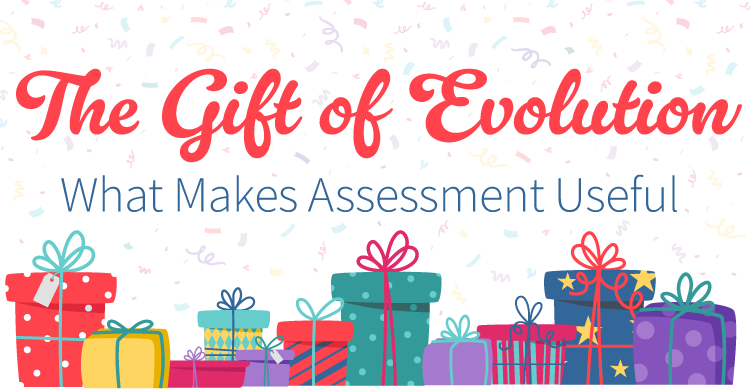I was recently leading a group of colleagues in a discussion on the following prompt:
Do you watch students enter your school and believe that collectively, we hold the keys to unlock their learning?
It was fascinating to track the responses as folks talked about who might be implied by the “collective” or “we,” the role of students in holding some of the keys, and how we might have to facilitate the proper use of some of the keys. Then a mid-career teacher offered this insight: “I can’t remember where I left some of my keys.” It reminded me that occasionally it’s not about owning the keys but remembering where they are and how they are used. In sharing my recent publication, Seven Keys to a Positive Learning Environment in Your Classroom, I have suggested that the subtitle could be “This is Nothing New.” I believe the basis of each of the seven keys I’ve identified represents longstanding, effective practice or ideas that educators know have worked throughout their careers. So, why aren’t we doing what we know is effective?
I’d like you to recall a time when you misplaced your car keys. Can you recall your initial response? Did you retrace your steps? Check your last stopping spot (classroom, staff room, office)? Look thoroughly over the same places? Or did you not panic because you had a second set of keys? You would not have tried a key from a colleague who had a similar car. I am also pretty certain that you did not abandon your car and from that point forward find an alternate form of transportation.
Now switch to your classroom. I believe teachers know how to fire up their classroom car, the engine of learning. There may be days, however, when more is needed to get the car started, and there may be times when the most basic of keys is misplaced. For example, in discussion of Key 1, I talk about the need to have classroom expectations instead of classroom rules. Expectations have an emphasis on lifelong learning and an eye toward growth. Rules are attempts to guide student responses but tend to be reactionary and often do not bring about the desired change. If you lost your “expectations” key, replacing it with a “rules” key might not produce the desired results. Simply ignoring the misbehavior would not be an effective strategy either.
How do you respond when your classroom does not seem to be firing on all cylinders? When you can’t find the key to get things started? Do you try to recall why the key is so important and why you need to use that key and not a second option? Do you remind yourself of how effectively your classroom ran when that key was properly implemented? The challenge that arises when the learning environment is not positive, resulting in a reactionary response (using the wrong key) is that students may begin to question which of the guidelines in the class are “fair weather” and which are “real.” Might there even be a moment when you have the key, but the car doesn’t start or run well because something else is going wrong (no gas, battery dead)? This is akin to the challenges or baggage that some of our students bring with them. The key will still be necessary but might need some precursor elements to ensure smooth operation.
Our group dialogue concluded with the notion that no individual educator can hold all of the keys. Each of us brings a set of keys to our roles, and collectively we have a pretty complete set of keys. Although we may have a key that works for most of our students, we have to be prepared to use other keys if the learning is not getting unlocked. We can’t force a key, bang the lock with a hammer, or reach for the bolt cutters. Instead, that’s the time to remember where we left the key that we know works best.
Although it’s 2017, there is one key that has always been critical to starting the learning engine: relationships! If you build them, students will learn. While we may occasionally misplace our keys, knowing where to find them, which keys might be needed, and that our colleagues may have additional keys will ensure the learning journey will be smooth. Enjoy the trip!
[author_bio id=”397″]






